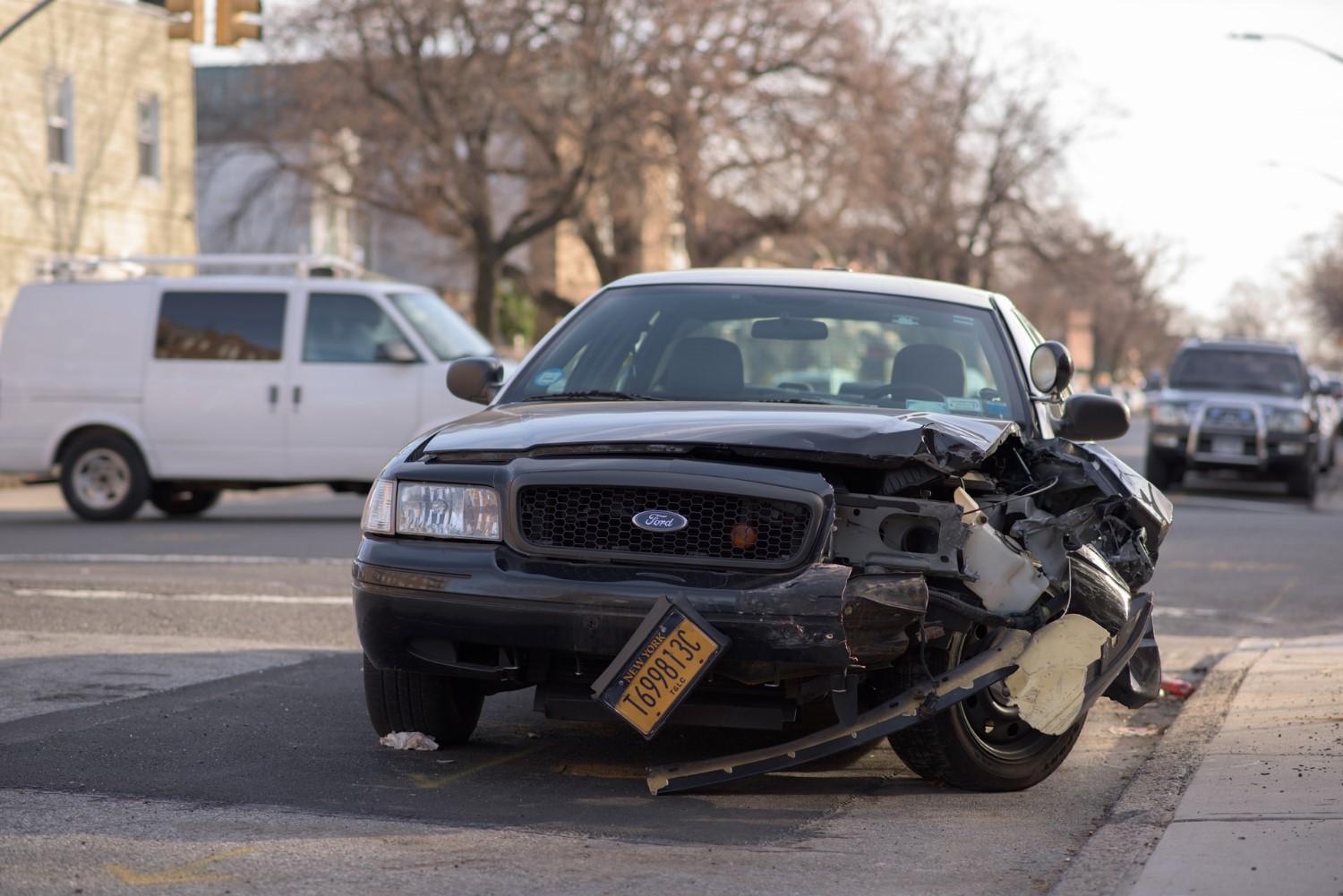The Most Common Car Issues On The Road And How To Fix Them
As any car owner knows, vehicles can encounter many issues ranging from minor inconveniences to significant setbacks.
Whether you’re a seasoned driver or a new vehicle owner, understanding common car problems and how to address them is essential for keeping your vehicle in good condition, and ensuring a smooth journey on the road.
This guide explores some of the most frequent car issues drivers encounter and provides practical solutions to tackle them.

Flat or Underinflated Tires
A flat or underinflated tire is a common occurrence that can be caused by punctures, leaks, or changes in temperature affecting tire pressure. Ensure your vehicle has a spare tire, jack, and lug wrench. Also, regularly check and maintain proper tire pressure using a gauge. Use a tire repair kit for punctured tires or, if necessary, replace the damaged tire. Your car won’t necessarily have to be towed for a flat tire. But if you need towing services for your car, many roadside assistance providers offer towing services as part of their packages. Keep the contact information of a reliable towing service in your area if needed.
Dead Battery
A dead battery is a situation that can catch any driver off guard. To address this issue, having a set of jumper cables in your vehicle is crucial. If your battery is dead, you can use these cables to jump-start your car with the assistance of another vehicle.
Additionally, portable jump starters are compact devices that can be a lifesaver when another vehicle is not readily available.
Consider replacing your car battery if it is old or showing signs of weakening. Regularly check the battery terminals for corrosion, cleaning them if necessary. Keep in mind that a well-maintained battery is less likely to fail unexpectedly.
Engine Overheating
An overheating engine can be a severe issue if not addressed promptly. To prevent engine overheating, regularly check and maintain proper coolant levels. Inspect the radiator for any leaks, and ensure the cooling fan functions correctly.
If your engine begins to overheat, you must pull over to a safe location, consequently turn off the engine.
Allow your engine to cool before attempting any checks or repairs. Refrain from opening the radiator cap, especially while the engine is hot to avoid burns. If you’re unsure about handling an overheating engine, it’s advisable to seek professional assistance.
Brake Issues
Brake issues can compromise the safety of your vehicle. Squeaking or grinding sounds when braking may indicate worn brake pads. Regularly inspect the brake pads for wear and replace them if necessary. Ensure proper brake fluid levels by checking the brake fluid reservoir. If you experience reduced braking efficiency, a soft brake pedal, or any other concerning brake-related symptoms, seek professional help immediately. Brake systems are critical for vehicle safety, and any issues should be addressed promptly.

While car issues can be inevitable, being informed and proactive can significantly reduce their impact on your driving experience. Regular maintenance, timely inspections, and addressing problems promptly are vital to keeping your vehicle in top condition. By understanding the common car issues outlined in this guide and implementing the suggested solutions, you’ll save time and money and ensure a safer and more enjoyable journey on the road. Remember, a well-maintained car is a reliable companion for all your travels.
